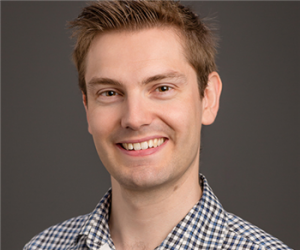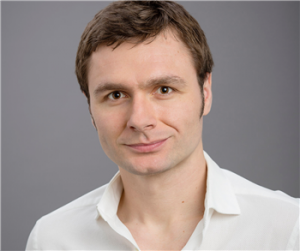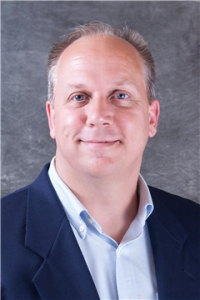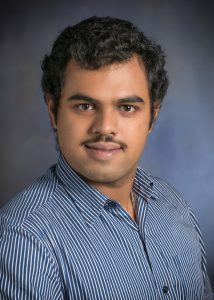Considering the great interest and enthusiasm that we observe these days both in research and real life regarding machine learning, CSL social hour committee is glad to have Prof. Matus Telgarsky from department of computer science this Friday, Dec. 1 at 3:00PM in 369CSL. In this week’s social hour Prof. Telgarsky will talk about “Open Problems and Recent Advances in Neural Network Theory”.
 Bio: Matus Telgarsky obtained his PhD in Computer Science from UCSD in 2013 under Sanjoy Dasgupta; while there, his research focused primarily upon optimization and statistical aspects of unconstrained and unregularized algorithms (e.g., boosting), and to a lesser extent, clustering. He then served as a postdoctoral researcher at Rutgers University and the University of Michigan, as well as a consulting researcher at Microsoft Research in New York City. Since fall 2016, he has been an assistant professor at the University of Illinois, Urbana-Champaign; his most recent interests are representation and nonconvex optimization.
Bio: Matus Telgarsky obtained his PhD in Computer Science from UCSD in 2013 under Sanjoy Dasgupta; while there, his research focused primarily upon optimization and statistical aspects of unconstrained and unregularized algorithms (e.g., boosting), and to a lesser extent, clustering. He then served as a postdoctoral researcher at Rutgers University and the University of Michigan, as well as a consulting researcher at Microsoft Research in New York City. Since fall 2016, he has been an assistant professor at the University of Illinois, Urbana-Champaign; his most recent interests are representation and nonconvex optimization.
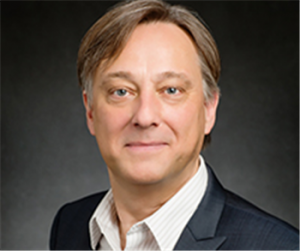
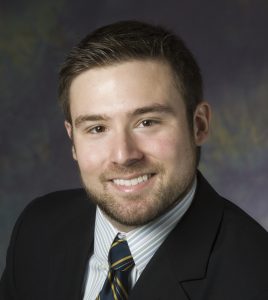
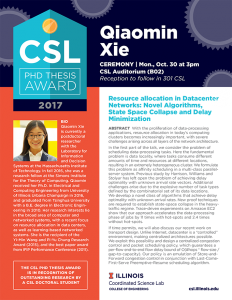

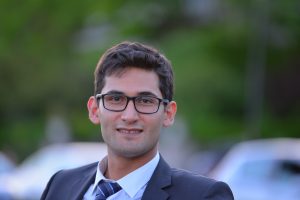 Bio: Hamidreza Jafarnejadsani is a Ph.D. student in the Department of Mechanical Science and Engineering at UIUC. He received his B.Sc. and M.Sc. degrees, both in Mechanical Engineering, from the University of Tehran in 2011 and the University of Calgary in 2013, respectively. He is working under the supervision of professor Naira Hovakimyan on developing secure detection and control algorithms for cyber-physical control systems, by extending the L1 adaptive control theory to sampled-data and multirate control frameworks, and leveraging the advances in fault-tolerant software architectures. He uses UAV platforms to demonstrate the security challenges and validate the theoretical solutions.
Bio: Hamidreza Jafarnejadsani is a Ph.D. student in the Department of Mechanical Science and Engineering at UIUC. He received his B.Sc. and M.Sc. degrees, both in Mechanical Engineering, from the University of Tehran in 2011 and the University of Calgary in 2013, respectively. He is working under the supervision of professor Naira Hovakimyan on developing secure detection and control algorithms for cyber-physical control systems, by extending the L1 adaptive control theory to sampled-data and multirate control frameworks, and leveraging the advances in fault-tolerant software architectures. He uses UAV platforms to demonstrate the security challenges and validate the theoretical solutions.